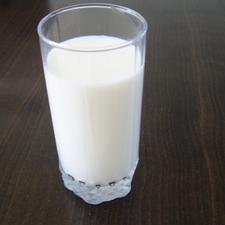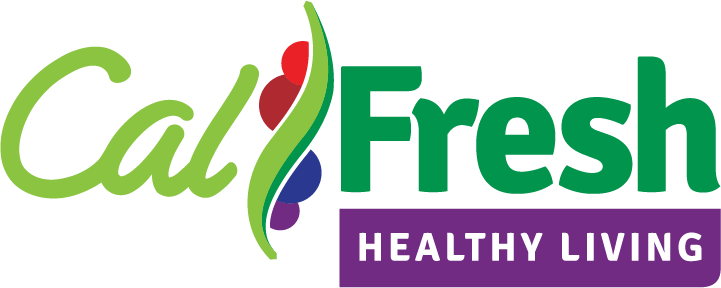Milk and Non-Dairy Alternatives

Foods Included
Cow's Milk, Goat's Milk, Sheep's Milk, Almond Milk, Soy Milk, Rice Milk, Coconut Milk
Description
Milk products are a great source of calcium and protein. Cow's milk is the most common. However, goat milk and sheep's milk can be found in some grocery stores. Whole milk has about 3% fat; low-fat and skim milks have had some or all fat removed. Plant milks like soy milk, almond milk, and rice milk are also available. These often have added sweeteners and nutrients.
Buy It
Most cow’s milk in stores has been pasteurized to kill bacteria. Check the “use by” date to see how long you have to use it. Check ingredients lists on non-dairy milks for added sugars and other things you don’t want.
Store It
Store cow's milk and milk products in clean, closed containers in the fridge. These can last for weeks if stored well. Always check the smell and color of milk products before using. Fresh milk is usually white and has little smell; if it has a strong smell, yellow color, or is starting to separate, throw it out. Non-dairy milks should be stored according to package directions.
Cook It
Enjoy milk on its own or added to smoothies and other drinks. Milk is used in many baked items. It can also enrich soups, casseroles, and sauces. Milk will curdle if mixed with acids like vinegar or lemon juice. Non-dairy milks do not always work like cow’s milk in recipes.
Why It's Great
Great source of calcium, protein, and riboflavin. It's also a good source of thiamin, vitamin B6, and Vitamin B12.
Try It

“Funded by USDA SNAP, an equal opportunity provider and employer. Visit http://calfreshhealthyliving.org for healthy tips.”





